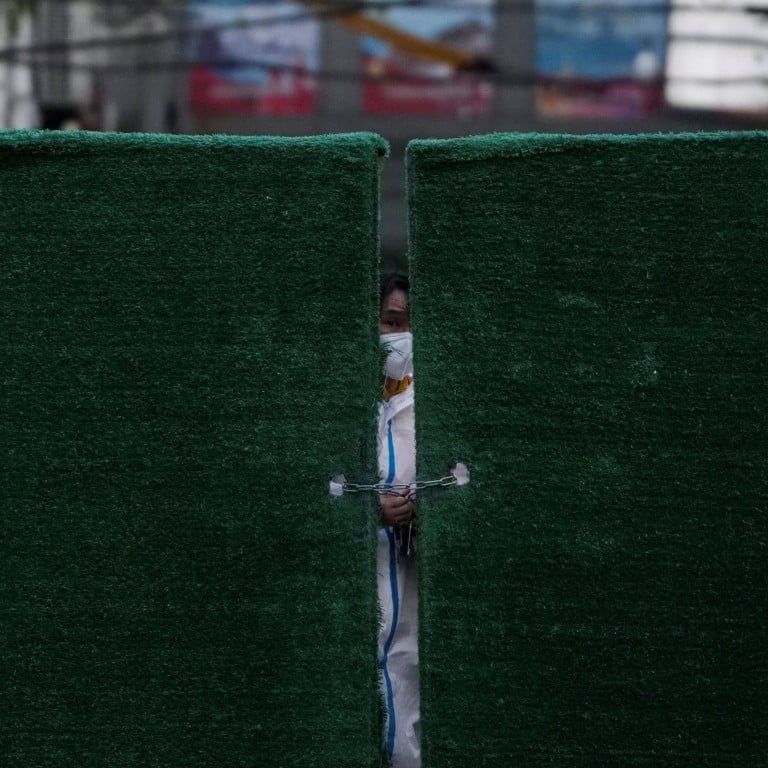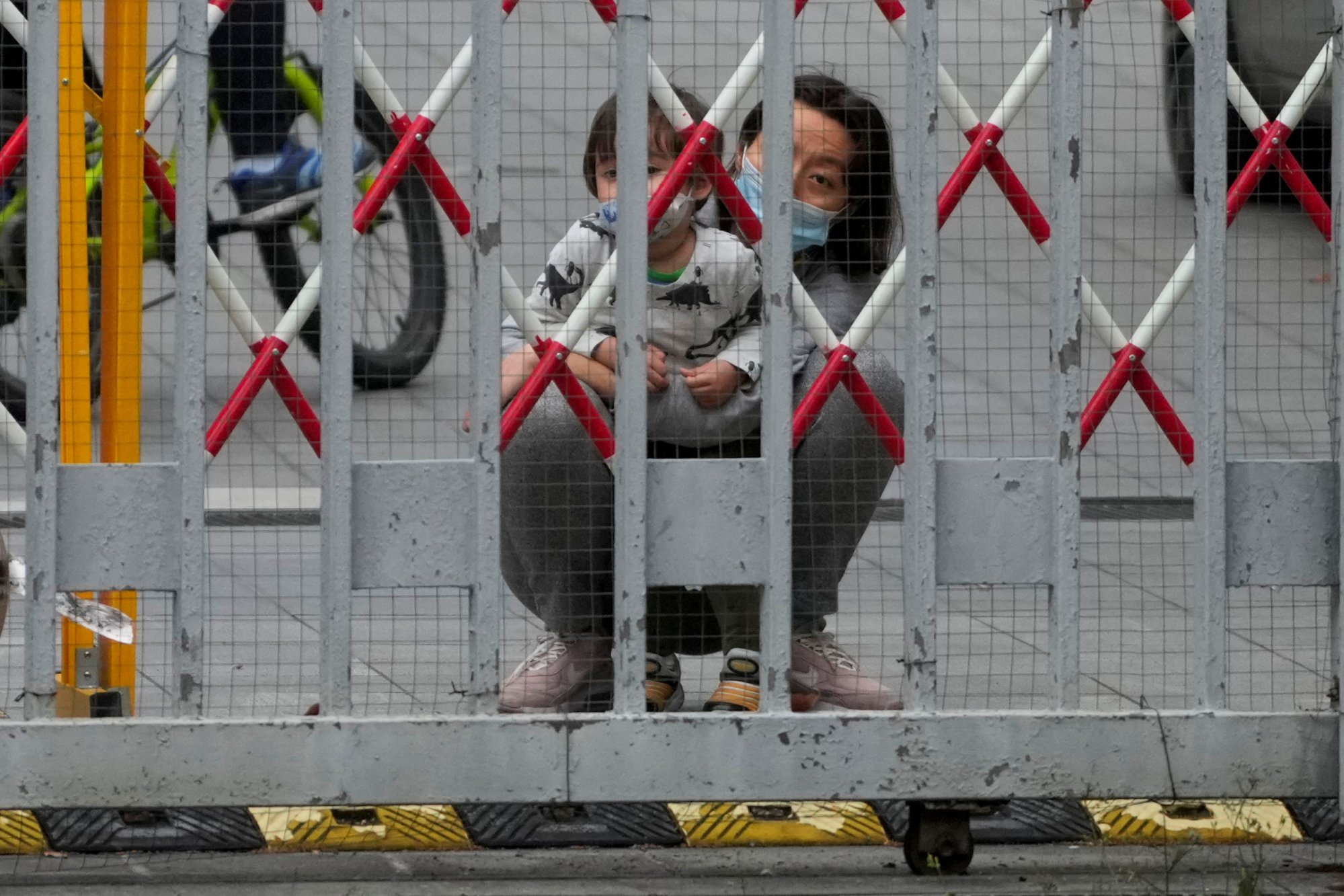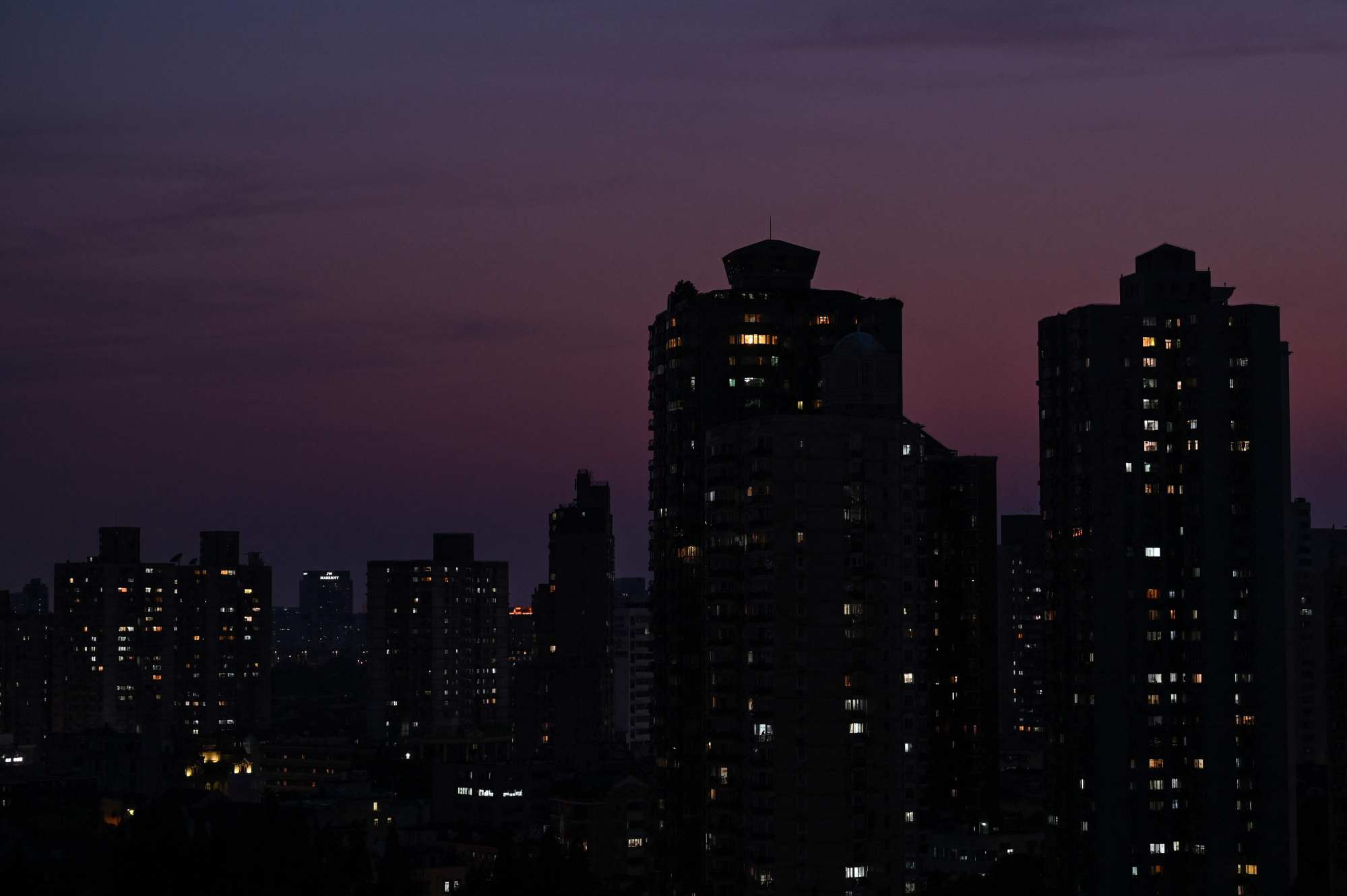
Ongoing Shanghai Covid-19 lockdown has become mental health disaster for Chinese city’s most vulnerable
- People with mental health issues have struggled to access medicine, and psychiatrists have become difficult to meet
- Professionals say people who had recovered have found old problems re-emerging
For Mel Li, who has a passion for baking, Shanghai’s continuing lockdown has transformed an ongoing battle with depression into a mental health disaster.
“Even if you are a mentally healthy person, you are probably in a bad place by now, let alone people like me,” she said. “Every day is a struggle.”
For Li, the rules have meant that the safety nets that helped her manage her severe depression have been yanked from under her feet.
“I am severely depressed … and I have to manage suicidal thoughts two or three times a year, and it has got worse during the pandemic,” said the 27-year-old woman, who was diagnosed with depression in 2017.

Li had been visiting a psychiatrist regularly for years and had been taking medicine to help regulate chemical imbalances that often cause the illness. She said she had been able to manage her depression before the lockdowns.
“I used to purchase my medicine online. It was very easy. But, around the beginning of April, I started to run out, and I had no idea how to refill my prescription,” she said.
A community volunteer managed to buy her one month’s worth of medicine, but she is running out again. Li said she would be allowed to leave home and buy the medicine, but the hospital is a 40-minute drive away and, without a car and with public transport closed, she does not know how to get there.
Trying to live through her ordeal, Li has turned to baking to distract herself, and she said she avoids the news as much as possible.
Li’s nightmare is one of many similar cases among Shanghai residents, whose lives have been stuck in a seemingly never-ending standstill, taking a huge mental health toll in the city.

A survey of over 1,000 Shanghai residents in mid-April suggested that 40 per cent of the respondents were on the brink of depression due to the lockdowns that, for most people, had lasted about two weeks when the survey was administered, according to Data-Humanism, a WeChat account specialising in surveys and research. Now, most people in the city have been stuck at home for six weeks.
On Baidu, China’s version of Google, searches for the phrase “psychological counselling” surged by over 250 per cent in the previous month compared with the same period a year earlier, the company said.
Ji Longmei, a senior psychological consultant at Shanghai Soul Garden Mental Health Counselling Centre, said several of her former clients who had seemingly managed to control their mental health issues had started online therapy after the lockdown.
“I think the actual number of people who need help is much higher than those who have reached out,” she said. “Generally speaking, Chinese people are still reluctant to ask for help for mental health issues,” she said.
The case of Tong Weijing, a 30-year-old reporter for the Shanghai-based newspaper Wenhui Daily who killed herself on May 4, highlighted the serious problems created when mental health challenges caused by Covid-19 received little attention.
Her death was officially attributed to a heart attack, but multiple sources confirmed it was probably a suicide.
Tong’s mother told an anonymous source that her daughter had behaved abnormally for several days before she died, including being unable to sleep and murmuring to herself.
Ji, the psychologist, said that, based on the mother’s description, Tong’s death should be attributed to “depression caused by stress”.
“The fact that they announced she died of heart disease showed people still feel embarrassed about mental health problems,” said Ji.

Mental health issues caused by the pandemic have become a disaster worldwide.
According to the medical journal The Lancet, cases of severe depression rose by 53 million people in 2020, the first year of the pandemic. An additional 76 million people developed anxiety that year, according to data from 204 countries and territories that the scientists analysed.
For Li, the woman stuck in Shanghai’s lockdown, the pandemic has hurt her ability to work, and she has begun to worry about her finances.
“Right now, my life is all about surviving; making sure that I stay alive mentally, physically, and financially,” she said.
“The lockdown has taken away my medicine and circle of support; my family, friends and work.”

